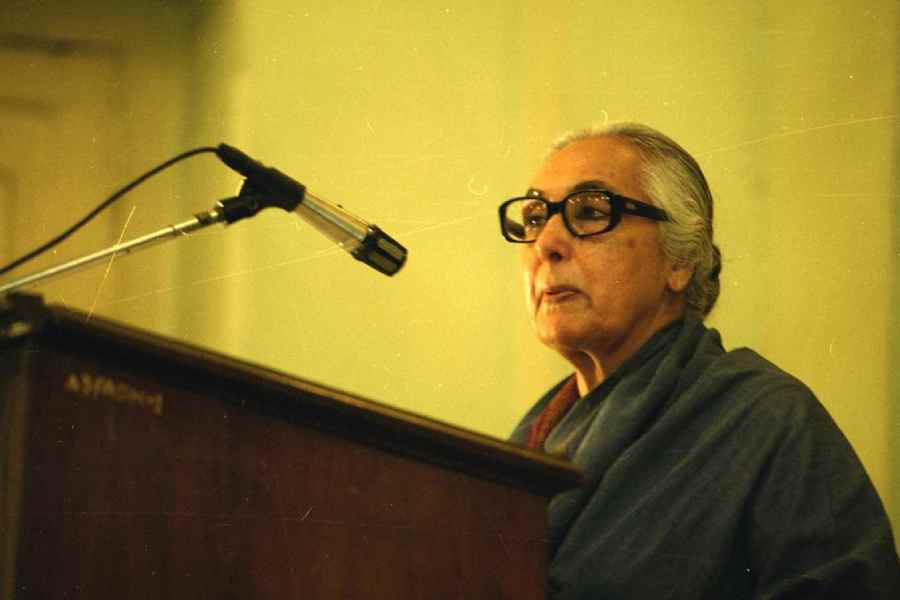The Republic of Letters (Respublica literaria) was a community of scholars across Europe. It was a historical and intellectual concept that referred to a transnational community of scholars, writers, and thinkers who communicated with one another across national, linguistic, and cultural boundaries. This informal network of correspondents and scholars emerged in Europe during the Reformation and remained influential till the Enlightenment. It provided a platform for sharing ideas, scientific discoveries, and cultural developments. Members of this community often communicated in Latin, a common scholarly language of the time, and they discussed a wide range of topics, including philosophy, literature, science, politics, and theology. It was during the peak of the Enlightenment era that the Republic of Letters assumed political significance as its membership extended to individuals writing books on crucial philosophical concepts that had a direct bearing on the social and political discourse. The Republic of Letters was strengthened by a number of institutions, such as universities and academies. This reinforced the connections made through correspondence or travel and the exchange of scholarship.
Key figures of the Republic of Letters included humanist philosophers like René Descartes, scientists like Isaac Newton, writers like Voltaire and many others. Their correspondence and collaboration contributed to the spreading of scientific knowledge and intellectual thought during this period. The Republic of Letters was a precursor to the modern academic and scholarly community. It played a crucial role in the development of two historical processes — the secularisation of knowledge and the dawn of the Enlightenment — that led to significant cultural and intellectual changes in Europe and beyond.
Individuals and ideas condemned by the authorities were embraced by the Republic of Letters, which insisted on reason as its guiding principle along with the rejection of authority in its purest form. Its other central feature was an openness to discuss ideas with a commitment to intellectual inquiry above all else. The Republic of Letters was the brainchild of Protestants critical of the Catholic Church’s endorsement of autocratic control of universities. With the dissemination of the Western model of universities' practices, the template of the Republic of Letters also travelled to other regions.
Significantly, populist governments have always vilified intellectuals engaged in the exchange of ideas critical of such regimes. This anti-intellectualism is a feature of India’s ruling regime as well, given not only the orchestrated attacks on scholars, intellectuals and writers but also the genesis of a patriotism that is essentially anti-people since it reviles anyone who raises questions about the policies and the politics of the day. A crucial feature of the times we are living in is the targeting of such individuals or groups on grounds of treason, sedition or subversion without evidence.
‘Intellectual’ is a dirty word in today’s politics. Parallel to this is the ‘democratising’ influence of the internet that is working to banish expertise altogether, making everyone an authority on everything. The democratising of information — not knowledge — has contributed to making information available and accessible. But the channels through which this information is sourced are used to feed a vicious agenda. This phenomenon has granted vested interests, including the press and ideologues, the power to set agendas. The attack on intellectuals — the targeting of Romila Thapar is a case in point — often takes various forms, including legal action, social media abuse, and attempts to censor their voices. In some instances, this hostility extends to questioning the patriotism of those who critique government policies. This is also the consequence of a trend wherein traditional policy and dialogue channels, involving careful analysis and debates, have been circumvented by the regime in favour of unreasoned public discussions.
The need is to strengthen the networks among scholars and public intellectuals — a new Republic of Letters — in response to the crisis. In the Indian context, these networks have been missing for three reasons — the absence of a struggle prioritising reason-based knowledge production; the rise of a neoliberal political economy and its insistence on a think-tank-based mode of scholarship; and the shrinking spaces for dialogue.
Intellectualism is not a theory or a philosophy in itself; rather, it is a degree of emphasis placed on the powers of the human intellect to get to the truth. The inculcation of scientific temper, the prioritising of reason, and an ability to interpret a phenomenon in its multifaceted dimensions are the pre-requisites of the culture of intellectualism. The gift of intellect also entrusts the public intellectual with the responsibility of speaking truth to power, challenge status quo, and use the pen to advocate for an equitable world. Unsurprisingly, it becomes important for governments to restrict and censor academic spaces that promote such values. This agenda is pursued through diverse ways — heightening specialisation in academia and the harassment of teachers, students, and intellectuals are among them. These tactics make it challenging to sustain intellectual inquiry that fosters critical questioning. In response, scholars and like-minded individuals must persist in scholarly pursuits and the exchange of ideas. It is essential that they fulfil their responsibility of investigating truth even in the face of obstacles imposed by regimes seeking to suppress the intellectual discourse.
The present era of Indian politics will be remembered for the State’s fostering of religious division and the strengthening of authoritarian impulses in institutions. This path is likely to make intolerance the leitmotif of Indian society. India’s intellectuals must realise the urgency to register their discontent to save the principles of justice and equality in a secular nation.
Chetna Trivedi is a PhD candidate, Centre for Political Studies, JNU










